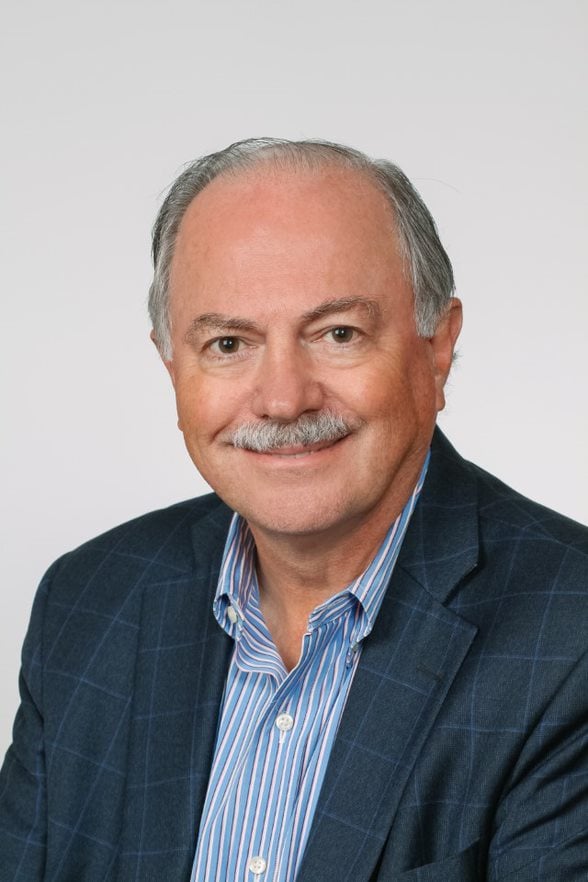
Ian D. Hay, MD, PhD
Outstanding Scholarly Physician Award
Ian D. Hay has made enormous contributions to clinical endocrinology as a scholarly physician through his work on outcome prediction and clarifying effective management of patients with low-risk papillary thyroid carcinoma (LRPTC). His 1986 study of PTC patients treated from 1946 to 1970 set the standard for outcomes after definitive primary surgery without radioiodine remnant ablation (RRA) and identified all patient and tumor prognostic variables relevant to tumor recurrence and cause-specific mortality (CSM).
In 1987, he reported the first multivariate analysis of CSM in PTC and defined a novel prognostic scoring system derived from age, grade, extent, and size (AGES), wherein a score <4 denoted LRPTC with a 20-year CSM of <1%. In 1993, he defined the MACIS prognostic scoring system wherein a score <6 identifies >85% of PTC patients who are at low risk (<1%) of CSM. From 1986 to 2010, he showed that radioiodine remnant ablation (RRA) does not improve CSM or tumor recurrence in the 85% – 90% of PTC patients with AGES<4 or MACIS<6 LRPTC and advised “selective use” of RRA. In the early 1990s, in conjunction with Santoro and Fusco, he performed cytogenetic and molecular genetic studies which characterized the 10q inversion resulting in RET/PTC. In 1991, he pioneered ultrasound-guided percutaneous ethanol ablation (UPEA) in managing recurrent neck nodal metastases, a technique now used more than 200 times a year at The Mayo Clinic.
Ian D. Hay has made enormous contributions to clinical endocrinology as a scholarly physician through his work on outcome prediction and clarifying effective management of patients with low-risk papillary thyroid carcinoma.
Since 1992, he has studied the outcomes in papillary thyroid microcarcinoma (PTM) and recently demonstrated the efficacy of UPEA in definitively treating PTM with this inexpensive outpatient procedure. In 1997, he personally wrote the first AACE thyroid cancer clinical practice guidelines. In 2018, he published an eight-decade study of 4432 PTC patients, where he demonstrated that advances in biochemistry and imaging, introduced to Mayo practice since 1976, have not improved outcome in children and adults with LRPTC, when compared to an earlier cohort treated from 1936 to 1975.


